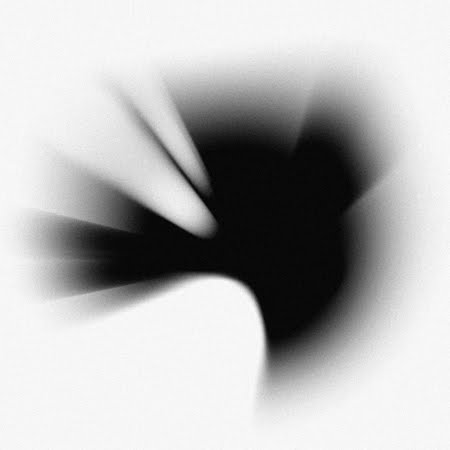When it comes to Linkin Park, listeners generally fall into two camps: the old loyalists who became fans during the band’s rap-rock days, and the new listeners who only know the pop sounds of the post “Minutes to Midnight” era. With the band’s new effort, titled “A Thousand Suns,” the latter contingent will feast, while members of the former will weep in agony.
The record begins with two puzzling interlude-type tracks; listeners are expected to recognize that the songs take place in an apocalyptic world besieged by nuclear warfare. The title “A Thousand Suns” comes from the Hindu text, “Bhagvad Gita,” which says that “if the radiance of a thousand suns were to burst at once into the sky, it would be like the splendor of the Mighty One.” J. Robert Oppenheimer made this quote famous when he used it in reference to an atom bomb, and fuels the theme behind this concept record.
The first true song on the record is titled “Burning in the Skies,” a meditative piece with European flair. One can almost picture denizens of a local Euro dance club partying to this song. It is halfway decent, but the lyrical effort leaves much to be desired.
The abysmal “When They Come For Me” follows, featuring opening synth parts that sound like either an annoying alarm clock or a synthesizer with a bad case of flatulence. Not only does vocalist Mike Shinoda’s rapping sound juvenile, but there is also a strange chant thrown into the mix that sounds ridiculous and whiney. Props to the Linkin Park boys for experimenting, but weird sounds does not a Radiohead record make.
Things don’t get that much better with this record. It really is a rather dreary collection, littered with more random, pointless interludes that try to distract from what this album really is: mediocre. The lyrics are unimaginative, and the themes of doom and woe quickly grow old. Granted, the members of Linkin Park have never been known to be lyrical virtuosos, but this record makes Coldplay’s lyrics seem Aristotelian.
There are, however, a few highlights. “Waiting For the End” is a great track and provides a breath of fresh air, as Shinoda tag-teams with fellow vocalist Chester Bennington to channel a pseudo-reggae-rap presence, infused with the duo’s usual pop rock sensibility. It is a funky fusion track, but somehow, it works. The lyrics are easily the strongest on the record.
“Blackout” is decent, but the excessive yelling and copy-and-paste programmed screams all seem contrived and laughable. Bennington’s guttural vocals are usually excellent, but only when in their natural, un-edited element. The end result here is just annoying.
“The Catalyst” and “The Messenger” close out the set, the former putting a capper on the nuclear catastrophic story. It’s introspective, sung from the point of view of a person ready to face his fate as the world around him is ending. The repentant lyrics ask God to save mankind:
“For the sins of our hand / the sins of our tongue / the sins of our father / the sins of our young.”
It’s a solid song, providing a rare light into an otherwise disappointing record from Linkin Park. The rapping and electric guitars are few and far between, which means that old school fans will have to wait a little longer to hear the Linkin Park they know and love. Or, they could just pull out that old copy of “Hybrid Theory” and rock out.







